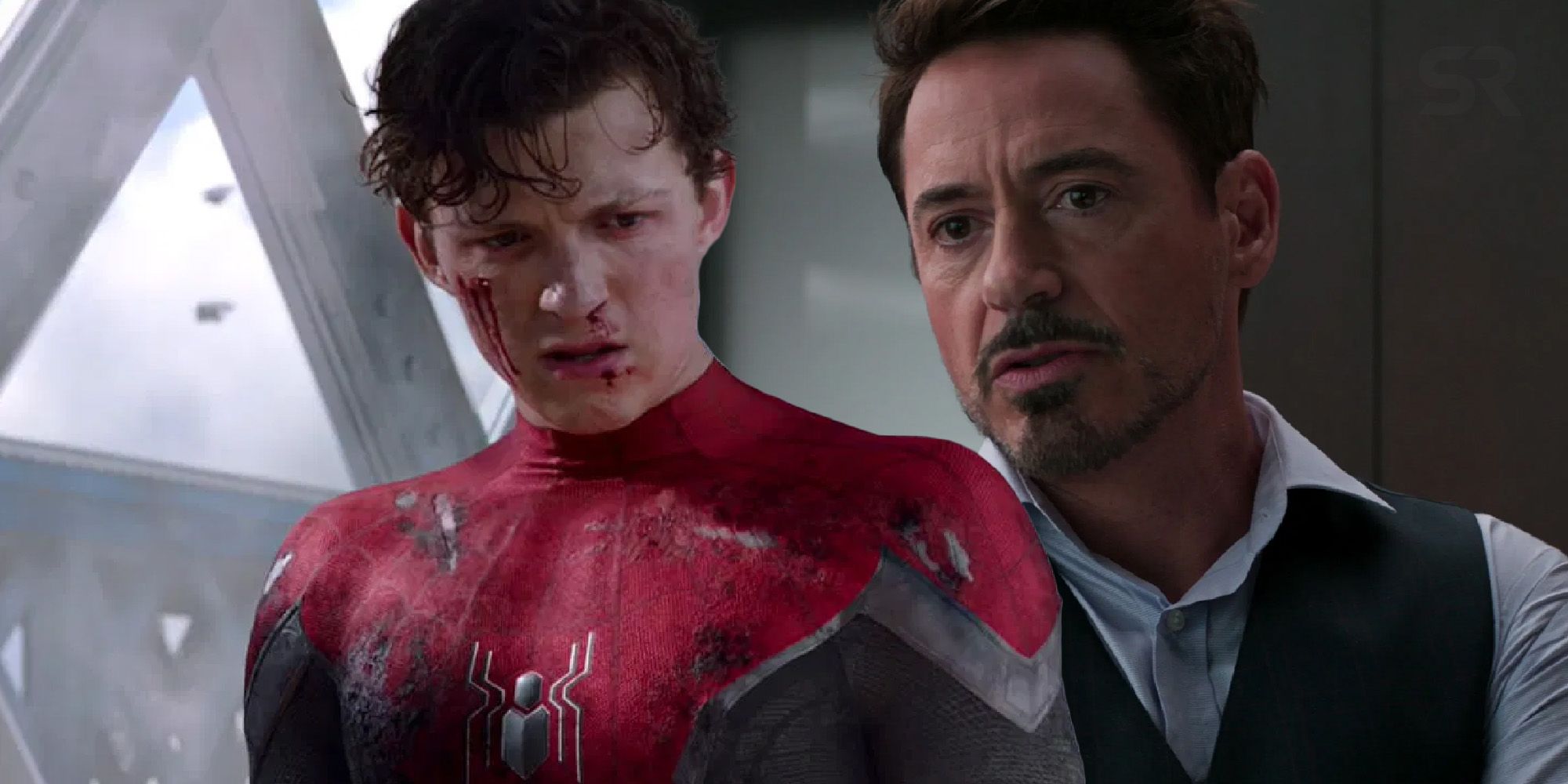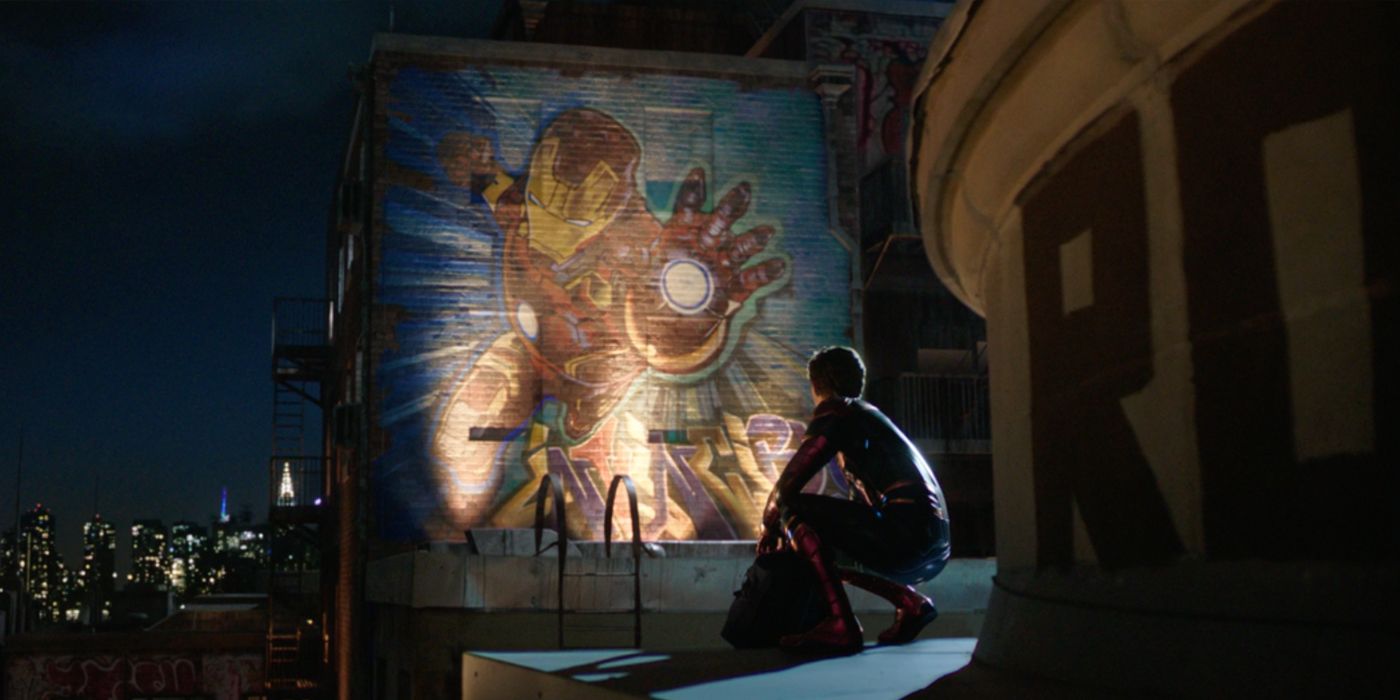
The Marvel Cinematic Universe’s Spider-Man (Tom Holland), has been associated with Iron Man (Robert Downey Jr.) since his debut, but Marvel already has the perfect opportunity for Peter Parker to move on from his former mentor in Spider-Man: Homecoming 3. Peter Parker was first introduced to the MCU in Captain America: Civil War as a member of Team Iron Man. Spider-Man, in a Stark-built suit, made a memorable entrance during the airport battle when he held his own against Team Cap and devised a plan to take down Giant-Man (Paul Rudd). After the conflict ended without a clear winner, Stark continued to advise Peter, even building him a new Iron Spider suit with advanced technology, which the webslinger first used in Avengers: Infinity War.
The comic arc that Captain America: Civil War was based on, also called "Civil War", had a major role for Spider-Man as well. Similarly to the film, Peter Parker fought alongside Iron Man for the passage of the Superhero Registration Act, and received a suit of Stark’s design. The Iron Spider suit gave him all-new abilities, including flight and internet access. However, Iron Man, paranoid about being betrayed, used the suit to secretly monitor Spidey’s every move. As Stark's pro-registration efforts became increasingly authoritarian, Spider-Man came to see his dark side, leading him to join Captain America's anti-registration front.
Unlike the comics, the MCU has established a father-son relationship for Spider-Man and Iron Man. Despite the charm and sweetness of their bond, it has caused Spidey to be defined by Stark’s legacy, even after his death in Avengers: Endgame. In order for Peter Parker to come into his own as a superhero, he needs to find a way to let go of Tony Stark, and a comics-inspired revelation that Iron Man had been monitoring him for reasons other than his safety could be just that.

Even after Captain America: Civil War, Tony Stark remained haunted by the destruction he caused in the past. He never fully recovered from his paranoia or regained his ability to trust, which could have bled into his mentorship of Peter Parker. By tearing a page out of the comics, the upcoming Spider-Man movie could reveal that Stark’s mistrust led him to constantly monitor Peter, not to protect him, but to figure out his weaknesses in case of a second civil war. Throughout his MCU run, Peter has used Stark technology heavily, and discovering that it covertly recorded him would be a massive emotional blow. This would push him to a new trajectory as a superhero, free from the pressures of being Iron Man’s successor.
While the Baby Monitor Protocol in Spider-Man: Homecoming reframed the Civil War idea of Stark recording Peter, the discovery that Iron Man continued to keep tabs on his protege even after it was disabled could make it an even stronger moment of reckoning for Spider-Man. The two already came into conflict over Stark watching Peter and holding him back, and the revelation that he kept at it without Spider-Man's knowledge could be especially devastating for the young hero.
It could be argued that this kind of betrayal would soil Iron Man’s MCU legacy. However, Tony Stark's mistakes and personal demons have shaped his character arc. This reveal would simply force Peter to see that Iron Man was deeply flawed, which the audience has known all along. He could still admire Stark, but with new layers of complexity and independence indicative of his maturity. Spider-Man: Homecoming 3 could push Peter Parker to become what Tony Stark always wanted him to be: a better hero than he was.
from ScreenRant - Feed https://ift.tt/3nwGjit

No comments: